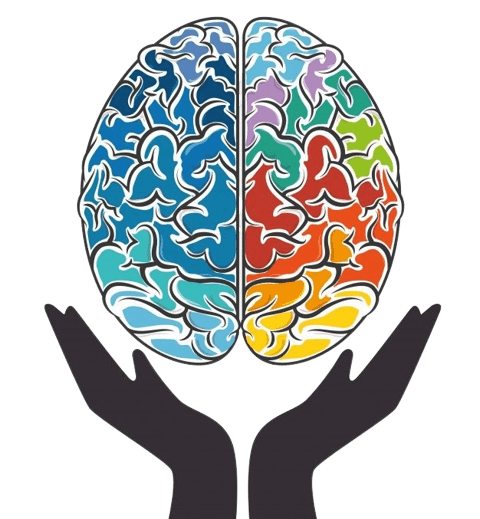Adolescent Psychotherapy
Transitioning into adulthood from adolescence can be an undoubtedly challenging period in one’s life - school, family life, social pressure and the time to make important decisions about the future can be incredibly distressing. Therapy can offer the needed support to navigate these changes and help them understand their thought processes and lifelong adaptive coping skills.
Why teens need psychotherapy
Trauma: Trauma can cause distressing and overwhelming emotional and physical responses long after the trauma has occurred, such as a sense of hopelessness, terror, feeling on edge, low self-esteem, and post-traumatic stress disorder (PTSD). Physical, sexual and emotional abuse, experiencing violence, crime, or the death of a loved one can all cause traumatic stress responses. Therapy for traumatic stress can prevent your teenager from developing unhealthy, maladaptive coping mechanisms.
Mental health and behaviour conditions: Therapy will help teenagers develop healthier thought patterns, understand their emotions, and give them the tools to make positive changes. In addition, it can help manage and treat common mental health conditions such as depression, anxiety, social anxiety, PTSD, self-harming, phobias and eating disorders.
Signs your teen may be facing a mental health condition include:
- Abnormal sleeping or eating patterns, as well as drastic or sudden changes.
- Difficulty concentrating and poor academic performance.
- Teachers or school bodies raise concerns about their behaviour or performance.
- Difficulty controlling impulses and engaging in risky behaviour.
- Preoccupation with death and expressing dark thoughts.
- Engaging in self-harming behaviour, such as cutting and burning themselves.
- Socially isolating themselves, losing interest in hobbies and sports they used to enjoy.
Therapy can also benefit teenagers who are experiencing behavioural problems, such as oppositional defiant disorder (ODD), conduct disorder (CD) and attention deficit hyperactivity disorder (ADHD). Symptoms of behavioural disorders can often overlap, and teenagers can have more than one.
It can be hard to differentiate between a behavioural problem and typical teenage behaviour, as all teenagers can be defiant and impulsive occasionally.
Signs that indicate a possible behavioural problem
Oppositional defiant disorder (ODD) or Conduct disorder (CD)
- Frequent temper tantrums
- Easily angered and annoyed, as well as a low frustration threshold
- Deliberately cause arguments with adults, especially the most familiar adults in their lives, such as parental figures and teachers
- Refrain from obeying or listening to authority figures
- Deliberately try to annoy and provoke others
- Getting involved in physical fights
- Being overly aggressive to animals and other people, as well as showing a lack of remorse and empathy
- Engaging in criminal behaviour and vandalism
- Frequent lying
Attention deficit hyperactivity disorder (ADHD)
- Difficulty concentrating and following instructions.
- Overly impulsive, inability to wait for their turn, and talking over others.
- Inability to finish tasks to complete before starting the next.
As well as treating and managing disorders and difficult emotions, therapy can also give your teenager lifelong coping skills and tools to take into adulthood, such as healthy boundaries, practical communication skills and developing a positive self-image.

